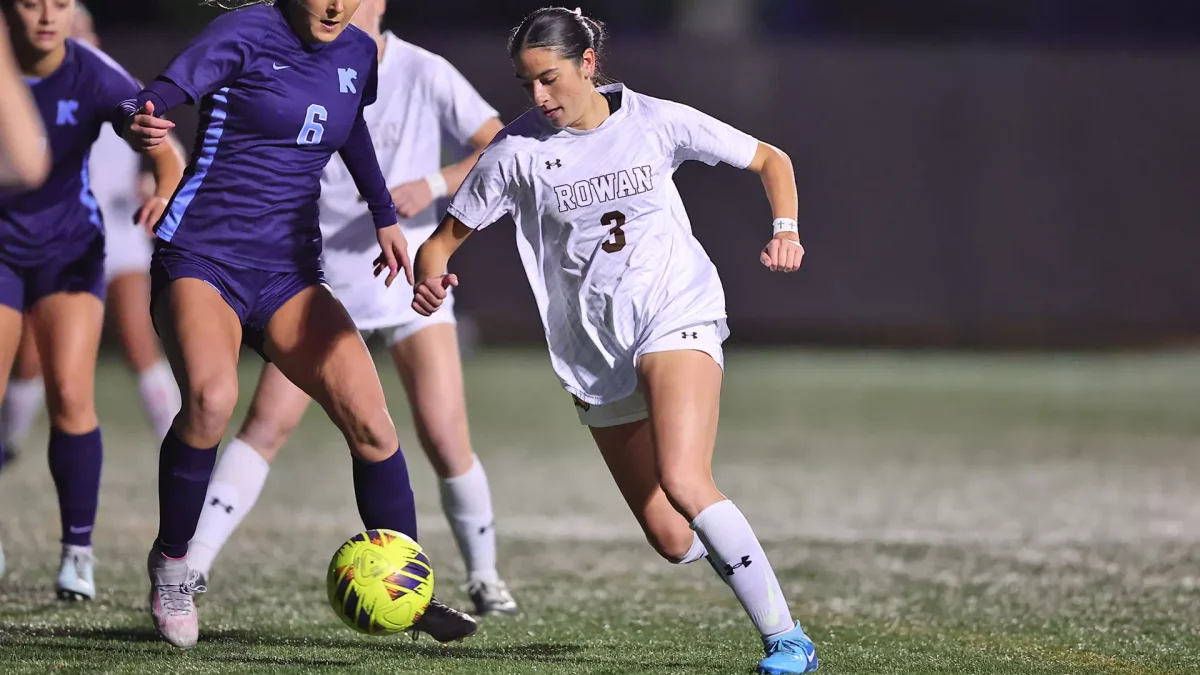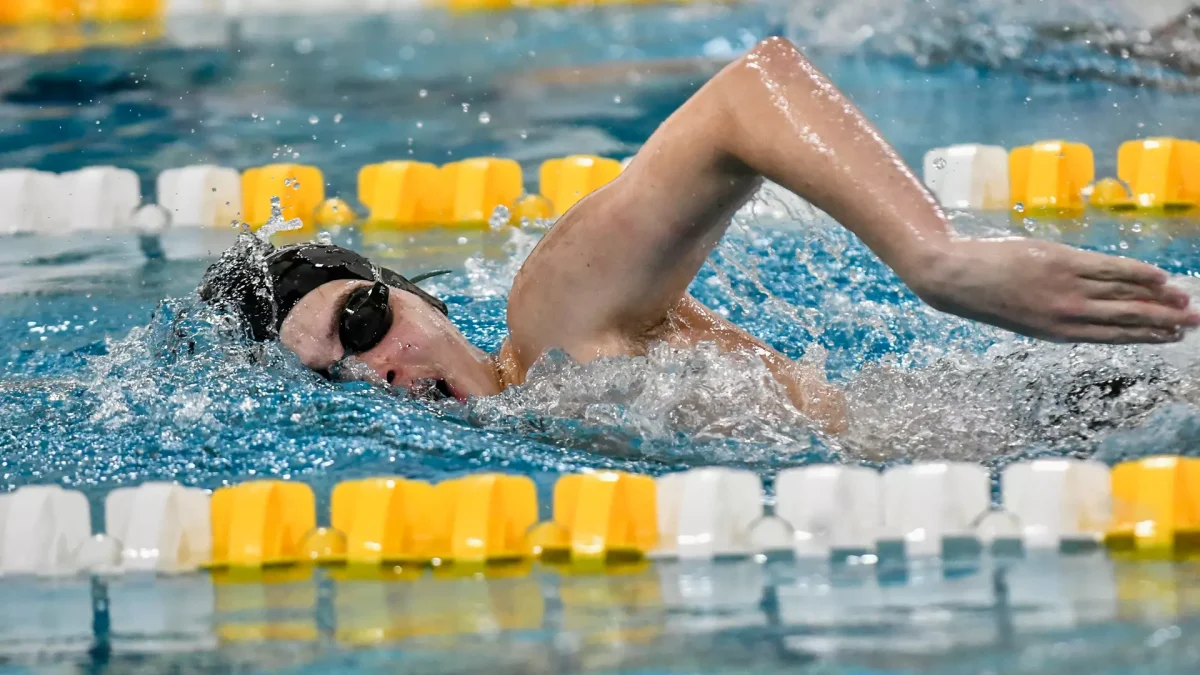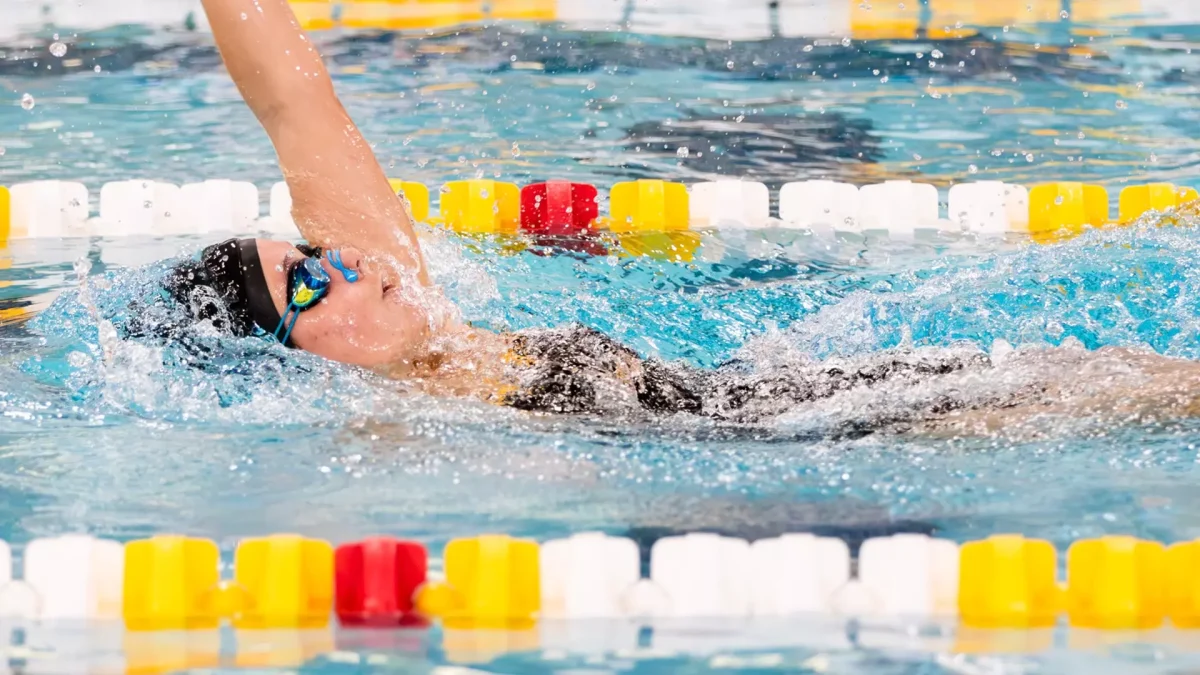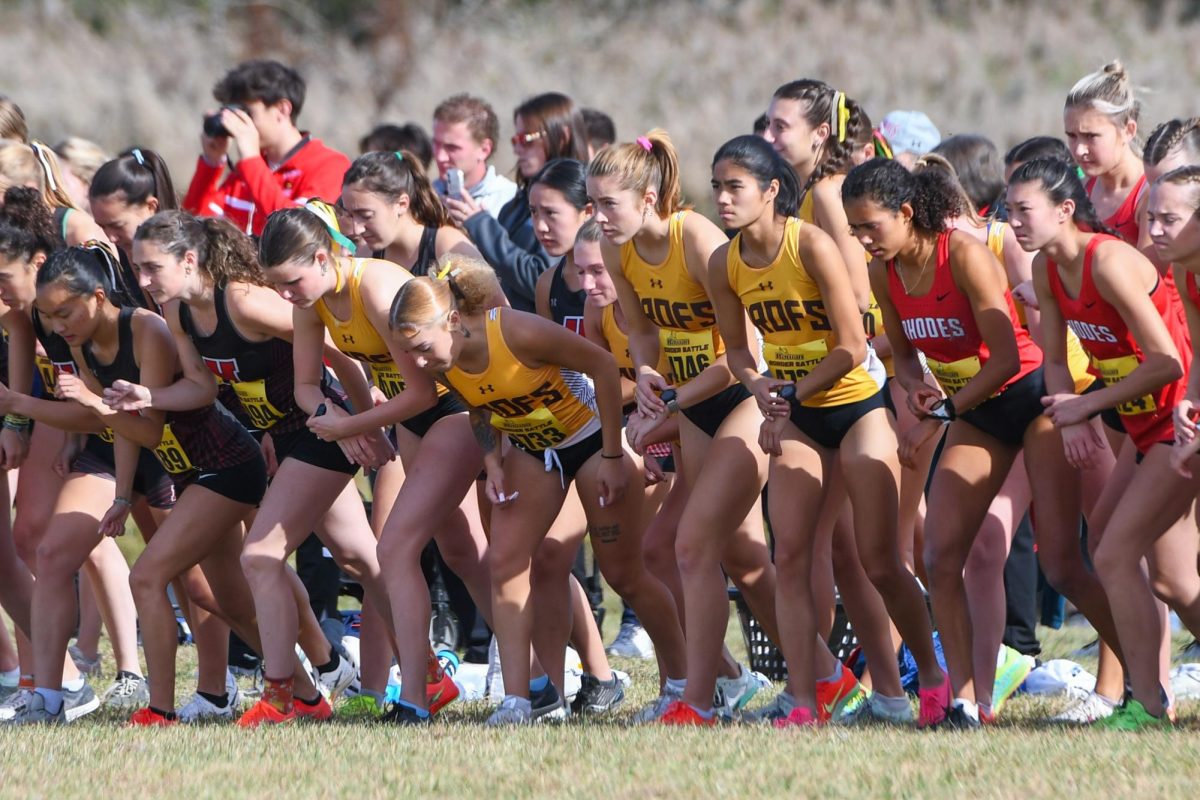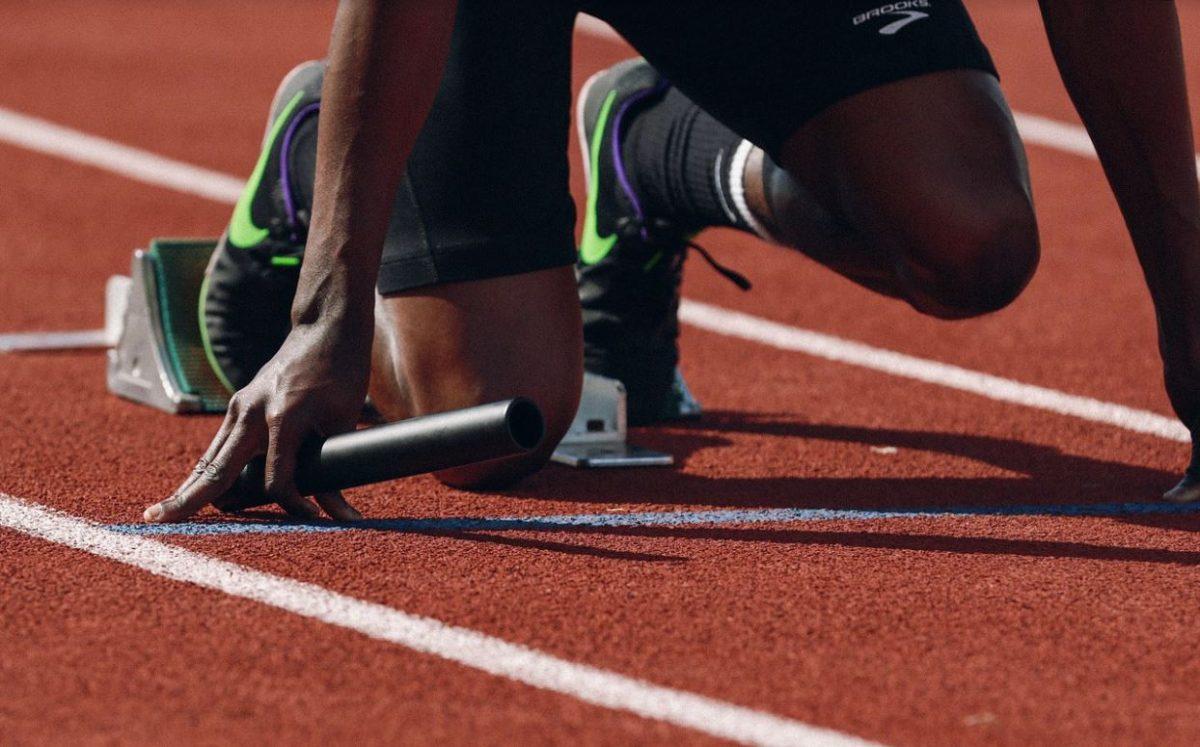Mental Health Awareness Month is in May, therefore related conversations tend to take place throughout the month. But even now, in September, it seems as though mental health is still making headlines in the sports industry. Though it is being talked about, there seem to be misunderstandings surrounding the topic as it pertains to elite athletes – and that is a huge issue.
The COVID-19 pandemic shed light on the importance of taking care of your mental health, however, as an athlete, it seems as though this form of self-care is still a taboo. Piling on the everyday pressures and requirements of a professional athlete is enough to make them feel mentally unhealthy, but when you add a pandemic to the mix, it can seem nearly impossible for them to get the help that they deserve.
To understand the importance of mental health, especially when it comes to professional athletes, we need to understand the facts and figures associated with this case.
Anxiety and depression are prevalent in 34% of current elite athletes and 26% of former elite athletes according to a 2019 study conducted by the British Journal of Sports Medicine. In 2016, the National Center for Biotechnology Information (NCBI) found that 23.7% of college athletes have experienced significant depressive symptoms and 6.3% have moderate to severe depressive symptoms during their respective sport’s season.
We grew up watching athletes like Tom Brady, Michael Jordan and Shaun White, and we idolized them — given that they are some of the best players in their leagues. But when our society looks at any famous figure, whether they’re a pro athlete or a Grammy-award-winning musician, we tend to forget that these people are still human. We tend to forget that they feel emotions – like us – and, therefore, think that they should just learn to handle the hateful comments, pressures of games and other requirements that are expected of them.
But that is not the case.
Naomi Osaka. Sha’Carri Richardson. Richard Sherman. These athletes have been in the news this year for something related to their mental health, but they only got minimal support – and not from the media.
Naomi Osaka, a No. 2-ranked, four-time Grand Slam tennis winner, withdrew from the French Open after discussing on social media that she had been suffering from bouts of depression since 2018. She alluded to how pressuring press conferences contributed to her declining mental health. For these reasons, she was fined $15,000 and threatened with suspension for her decision to not participate with the media at the French Open. Besides facing backlash from tennis officials, she received countless criticisms from the public on her decision to withdraw.
Sha’Carri Richardson, the professional sprinter who won the women’s 100-meter race at the U.S. track and field trials, securing her ticket to the Tokyo Olympics earlier this year, was suspended from doing so, because she tested positive for marijuana. In an interview with NBC, Richardson spoke about how she used marijuana as a coping mechanism for the unexpected death of her biological mother.
If this is not enough to make one grieve deeply, Richardson mentioned that she learned about her mother’s passing from a reporter during an interview. This would be absolutely heartbreaking as the death of a parent is grueling enough to throw anyone into an extremely depressive state.
In mid-July, Richard Sherman, a free agent cornerback in the NFL, was arrested on suspicion of burglary and domestic violence — among other charges — following a number of incidents. These incidents include the crashing of his SUV due to intoxication, attempting to break into his in-laws’ home and various altercations with police officers.
Richardson had also threatened to kill himself at the time. This should have raised a major mental health red flag in any first responder’s mind. And though he was facing several charges, there was still a mental health issue that was not being addressed.
Something that is common in all three of these stories is the lack of support and understanding from the media and organizations that these athletes are a part of. Yes — to a certain degree in each of these situations, rules were broken. But do rules and regulations exceed a person’s mental health?
Professional athletes who suffer from mental health-related issues oftentimes receive minimal support, though they are usually earning immense amounts of money and engagement.
It must be up to us to make the changes needed to get professional athletes’ voices heard and hold organizations accountable and make it part of their responsibility to oversee that athletes are being provided with the resources to take care of their mental well-being.
For comments/questions about this story, tweet @TheWhitOnline.



















